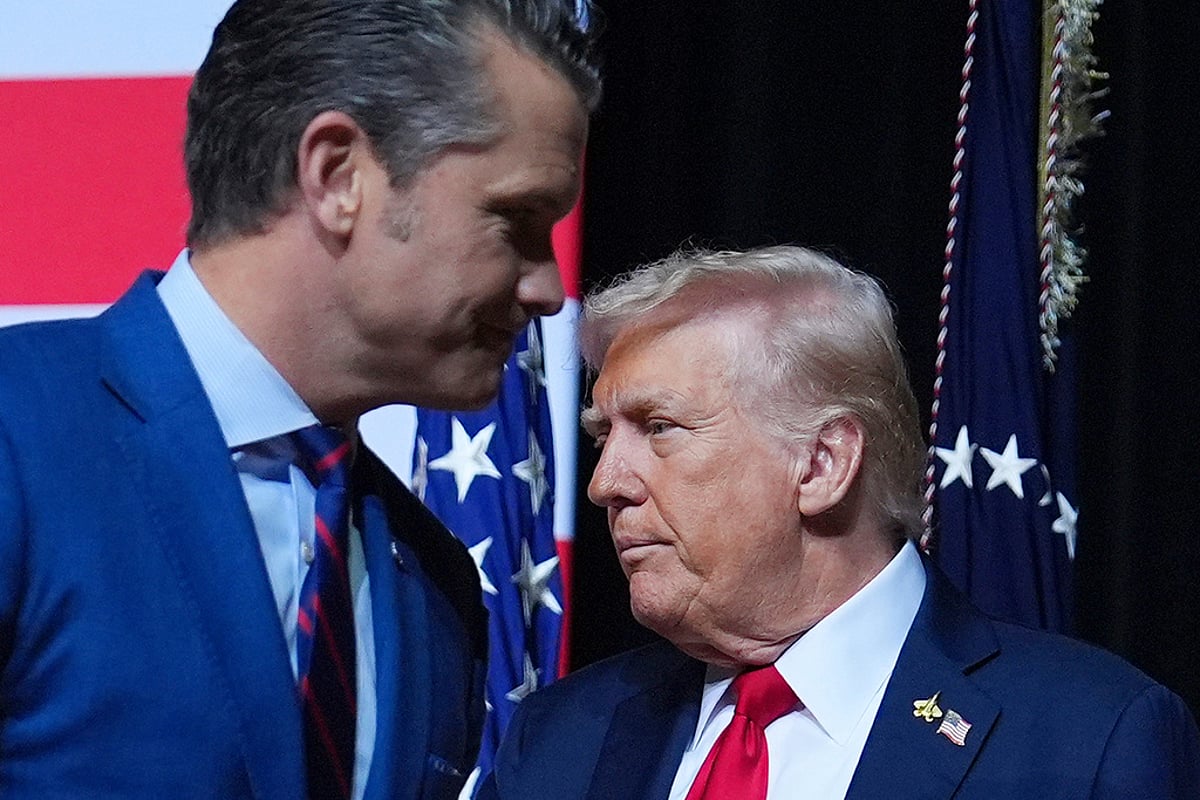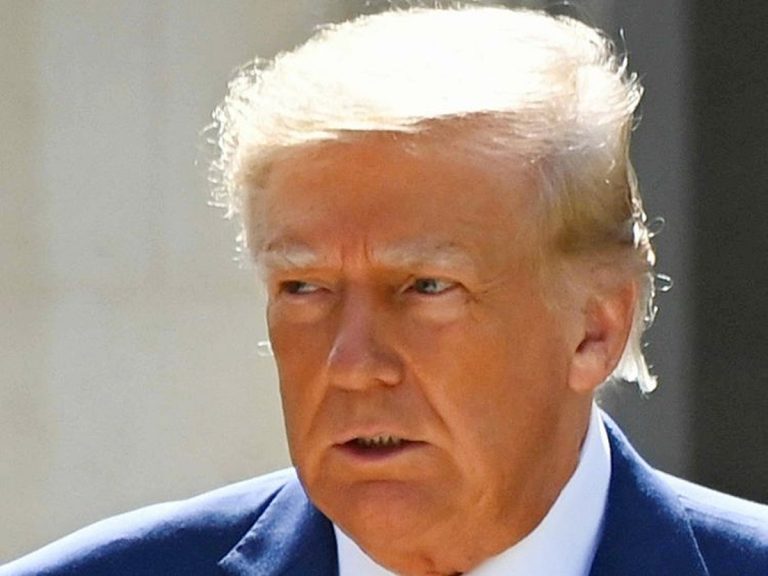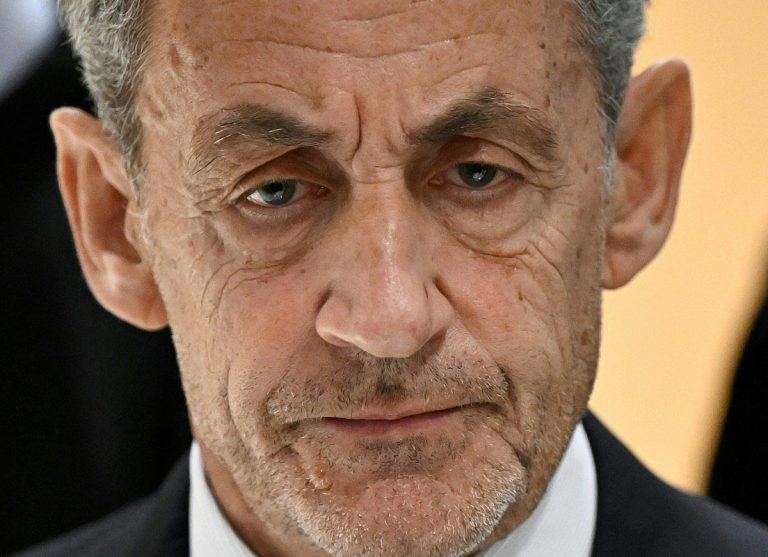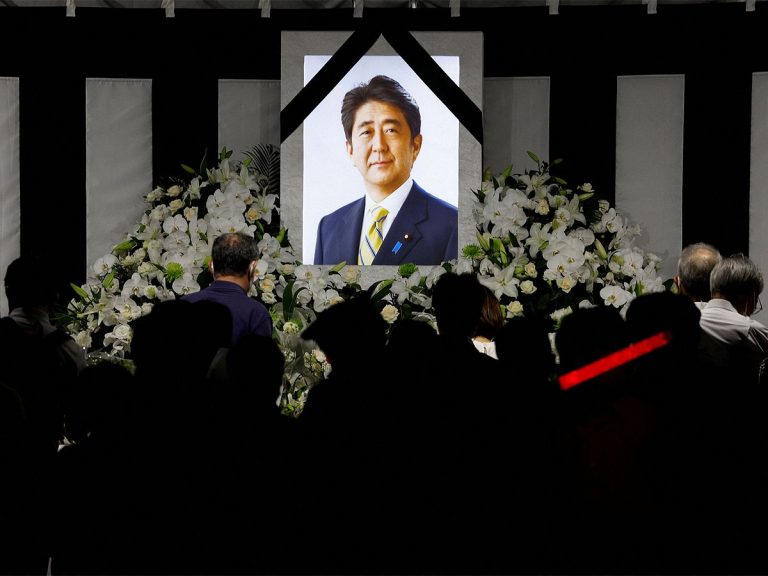U.S. Military Intensifies Strikes Against Drug Smuggling
In recent months, the U.S. military has intensified its operations against alleged drug smuggling vessels in the Caribbean and eastern Pacific. The Trump administration has reported that these strikes have resulted in the deaths of at least 66 individuals across 16 separate attacks. This escalation has sparked a significant debate in Congress regarding the legal authority and implications of such military actions.
Timeline of Military Strikes
September 2023: Initial Strikes
– **Sept. 2**: The U.S. conducts its first strike against a vessel linked to the Tren de Aragua gang, claiming 11 fatalities. – **Sept. 10**: A group of Democratic senators expresses concerns over the lack of legal justification for the strikes. – **Sept. 15**: The military carries out a second strike, resulting in three deaths, with President Trump asserting evidence of drug trafficking.
October 2023: Escalation and Congressional Response
– **Oct. 2**: Trump declares drug cartels as unlawful combatants, marking a significant assertion of presidential power. – **Oct. 8**: Senate Republicans reject a proposal requiring presidential authorization for further military action. – **Oct. 14**: A fifth strike is reported, killing six individuals, with Trump citing intelligence on narcotics trafficking.
Ongoing Operations
– **Oct. 16-29**: A series of strikes continues, with multiple vessels targeted and significant casualties reported. The military expands its operational area to include the eastern Pacific, reflecting a strategic shift in combating drug trafficking. – **Nov. 4**: The 16th strike is announced, further solidifying the U.S. military’s presence in the region.
Congressional Concerns
As military actions have escalated, lawmakers have raised questions about the legal framework governing these strikes. Critics argue that the administration has not provided sufficient evidence to justify the use of lethal force without congressional approval. Prominent figures, including Rep. Adam Smith and Sen. Tim Kaine, have called for greater transparency and accountability regarding military operations.
Military Buildup in the Region
The U.S. has significantly increased its naval presence off the coast of South America, deploying guided-missile destroyers and amphibious assault ships. This buildup has raised concerns about potential military interventions in Venezuela, particularly in light of President Nicolás Maduro’s controversial regime.
FAQs
What prompted the U.S. military strikes against drug vessels?
The strikes were initiated as part of the Trump administration’s strategy to combat drug trafficking, which officials claim poses a significant threat to U.S. national security.
How has Congress reacted to these military actions?
Congressional response has been mixed, with some lawmakers demanding hearings and greater oversight, while others support the administration’s approach to tackling drug cartels.
What legal authority does the president claim for these strikes?
President Trump has asserted that the U.S. is in an “armed conflict” with drug cartels, using legal justifications similar to those invoked during the war on terrorism.
Conclusion
The U.S. military’s recent actions against drug smuggling vessels have sparked significant debate regarding executive power and military engagement without congressional oversight. As operations continue, lawmakers are likely to push for clearer legal frameworks and accountability measures to address the implications of these strikes. Moving forward, the situation will require careful monitoring to balance national security interests with legal and ethical considerations.
The U.S. military’s intensified operations against drug smuggling are part of a broader strategy to address the growing influence of drug cartels in the region. These cartels have been linked to various forms of organized crime, including violence and corruption, which pose challenges not only to U.S. national security but also to stability in Latin America. The military’s engagement reflects a shift towards a more aggressive posture in combating these illicit networks, which have increasingly utilized maritime routes for trafficking.
In addition to the military actions, the U.S. government has been collaborating with regional partners to enhance intelligence sharing and operational coordination. This cooperation aims to disrupt the supply chains of drug trafficking organizations and reduce the flow of narcotics into the United States. However, the effectiveness of military strikes alone in addressing the complex issues surrounding drug trafficking remains a topic of debate among policymakers and experts in the field.
As the situation evolves, the potential for diplomatic repercussions and regional instability will need to be considered. The U.S. military’s presence in the Caribbean and eastern Pacific may influence relations with neighboring countries, particularly those that may view these actions as infringements on their sovereignty. Balancing military objectives with diplomatic efforts will be crucial in achieving long-term solutions to the challenges posed by drug trafficking and organized crime.
Also Read:
Trump Faces Challenges as Cost of Living Rises







